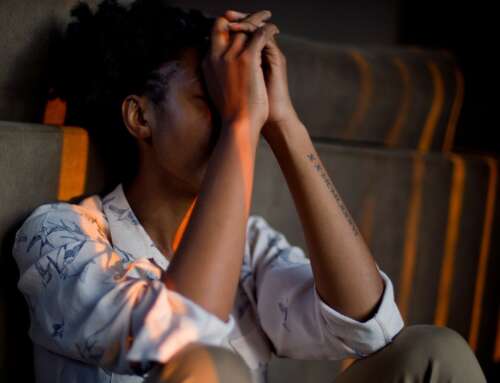Young adults are more likely to feel lonely than older age groups, says a study from the Office for National Statistics.
The research found that almost 10% of people aged 16 to 24 were “always or often” lonely – the highest proportion of any age group.
This was more than three times higher than people aged 65 and over.
Researchers suggest that older people might become more “resilient” to worries about loneliness.
There has been growing political interest in loneliness as a significant social problem.
The prime minister earlier this year set out plans to alleviate loneliness and “social isolation” – with a warning that millions of people were suffering from a lack of regular contact with others.
The research from the ONS, based on a survey of more than 10,000 adults, found that about one in 20 people always or often felt lonely.
More resilient
Although there has been much focus on the isolation of elderly people, this study found that younger adults were the most likely to report feelings of loneliness and that such feelings “tend to decrease with age”.
Across all the measures and categories, the researchers say that people aged over 75 are “63 times less likely to report loneliness than those aged 16 to 24 years”.
“It’s possible that people become more resilient to loneliness as they get older, possibly through the experience of significant life events and life transitions,” says the study.
Cal Strode, of the Mental Health Foundation, said that loneliness among young people could be driven by social media and the “digital world”.
“Teens can have thousands of friends online and yet feel unsupported and isolated. Technology, including social media, could be exacerbating social isolation,” he said.
– By Sean Coughlan
Read more: Loneliness More Likely to Affect Young People
Image source – Flickr.com








Leave A Comment